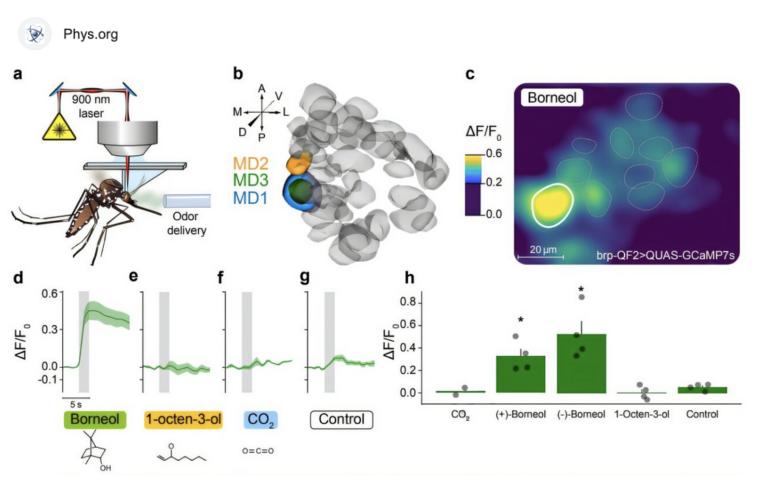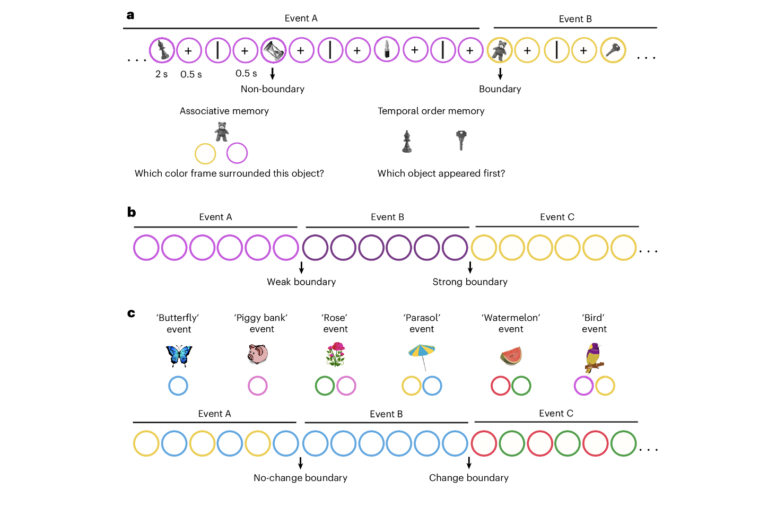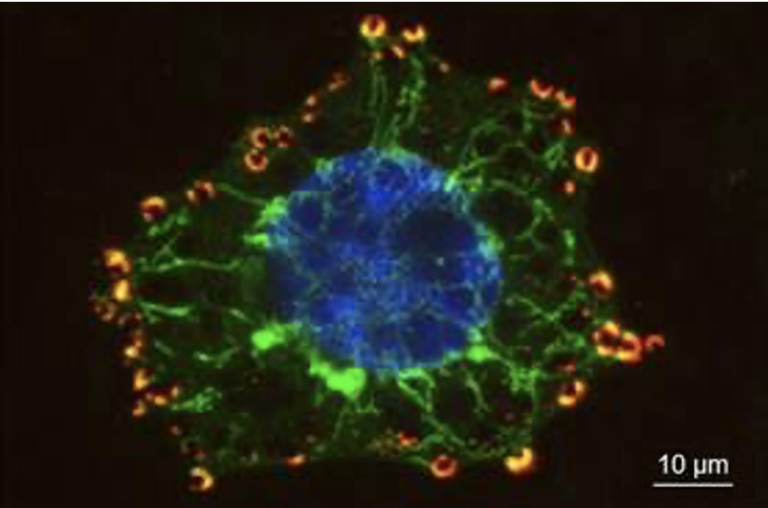Université Hébraïque de Jérusalem et Weizmann : prix Rappaport de l'excellence en recherche biomédicale

[:fr]Le 15 mars 2015, lors d’une cérémonie au Musée d’Art de Tel Aviv, le Prix Rappaport pour l’excellence en recherche biomédicale sera décerné au Professeur Hermona Soreq de l’Université Hébraïque de Jérusalem et au Dr Eran Elinav de l’Institut Weizmann des Sciences. Le Prix Rappaport de la recherche biomédicale a été créé pour promouvoir les recherches visionnaires, révolutionnaires et innovantes et les traitements qui peuvent considérablement améliorer la santé humaine.
L’approche interdisciplinaire du Professeur Hermana Soreq a fait considérablement progresser notre compréhension du rôle de l’acétylcholine sur la santé et la maladie du cerveau et d’autres organes comme le cœur. Le Prof. Soreq a élucidé la participation de l’acétylcholine dans la réponse du cerveau au stress, et la fonction que les variations génétiques individuelles jouent dans la régulation de la signalisation cholinergique, ce qui entraîne chez les personnes une sensibilité différente au stress.
Le Prof. Soreq a developpé de multiples collaborations avec de jeunes scientifiques et des cliniciens. Au cours de sa carrière de chercheuse de plus de 35 années, le Prof Soreq a marié les domaines de la génomique, de la génétique des populations, de la biologie moléculaire, de la biomédecine et des neurosciences fondamentales et a contribué à l’accroissement des connaissances fondamentales dans le domaine de la neurobiologie, qui se sont concrétisés en applications concrètes, du laboratoire aux essais cliniques.
Le Dr Eran Elinav a concentré ses recherches sur le microbiote intestinal et sur son interaction avec l’hôte humain. L’importance fondamentale de cet écosystème microbien complexe dans notre corps, de la naissance jusqu’à la mort, a été récemment mise en évidence dans nombreux aspects de notre physiologie et de la santé humaine, et à des troubles multifactoriels communs.
Le Dr Elinav a également montré que le microbiote intestinal est régi selon un rythme circadien. Les humains dont les rythmes circadiens sont altérés, comme les travailleurs de nuit, perdent ce rythme, ce qui entraîne une susceptibilité à l’obésité et une intolérance au glucose. Un autre facteur découvert par le Dr Elinav est l’impact des édulcorants artificiels sur la composition et la fonction du microbiote intestinal. Les édulcorants sont consommés par des milliards de personnes dans le monde. Leur consommation peut entraîner l’intolérance au glucose chez la souris et, dans certains sous-ensembles, chez l’homme.[:en]The 2015 Rappaport Prize for Excellence in Biomedical Research will be awarded by the Rappaport Family Trust to Prof. Hermona Soreq of the Hebrew University and to Dr. Eran Elinav of the Weizmann Institute of Science. The prizes will be given at the award ceremony which will take place at the Tel Aviv Museum of Art on March 15, 2015. The Rappaport Prize for Excellence in Biomedical Research was established to promote visionary, groundbreaking and innovative research with therapeutic ramifications that can significantly promote human health.
The Rappaport Family Trust serves as the primary philanthropic vehicle for the vision of Ruth and her late husband, Bruce Rappaport. For over 30 years, the Rappaport Family has donated tens of millions of dollars to the Faculty of Medicine named in their honor at the Technion in Haifa. In addition, the Trust provides funding to the Rappaport Institute for Biomedical Research in Haifa, the Tel Aviv Museum of Art, the Israel Philharmonic Orchestra and numerous other health and cultural institutions.
“It is important to the family and to the Rappaport Trust, to honor researchers that made groundbreaking breakthroughs that lead to the cure of many maladies”, says Ruth Rappaport. “As successors of my husband Bruce Rappaport, we see in medical research the ability to connect dreams and reality, to make current problems solvable thus improving the lives of millions”.
Neurotransmitter modulation in the service of our health
Prof. Hermona Soreq’s highly interdisciplinary research approach has greatly advanced our understanding of acetylcholine’s role in both health and disease in the brain and in other organs such as the heart. Prof. Soreq has elucidated acetylcholine’s involvement in the brain’s response to stress, and the function that individual genetic variations play in regulating cholinergic signaling, resulting in different sensitivity to stress among people.
Prof. Soreq is a highly collaborative scientist who works very effectively with both young scientists and clinicians. Over her 35+ year research career, Prof. Soreq has been able to combine the fields of genomics, population genetics, molecular biology, biomedicine and basic neuroscience to contribute fundamental insights to the field of neurobiology, translating them from the bench to the clinic.
The microbe-body crosstalk and its importance in human health
The focal point of Dr. Eran Elinav’s research is the microbes that populate the human gut, the gut microbiota, and their interplay with the human host. This complex microbial ecosystem resides within our body from birth until death and has been recently highlighted to have fundamental importance in many aspects of our physiology and in human susceptibility to common multi-factorial disorders.
Dr. Elinav has also shown that the gut microbiome features a circadian rhythmicity in composition and function. Humans with altered circadian rhythms such as shift workers lose this microbial rhythmicity and normal gut microbiome composition, resulting in a susceptibility to obesity and glucose intolerance. Another factor discovered by Dr. Elinav to modulate the composition and function of the gut microbiome are artificial sweeteners, consumed by billions of people worldwide for the prevention of obesity and diabetes. Consumption of these artificial sweeteners can in fact promote glucose intolerance in mice and in some subsets of humans.
Rappaport Prize
Rappaport Prize for Excellence in Biomedical Research is awarded in conjunction with the Rappaport Prize for Art and the Rappaport Prize for Women generating change in the Israeli society. The Rappaport Prize for Art is awarded by the Rappaport Family Trust in cooperation with the Tel Aviv Museum of Art and the Rappaport Prize for Women generating change in the Israeli society is awarded in cooperation with the La’Isha Magazine.







